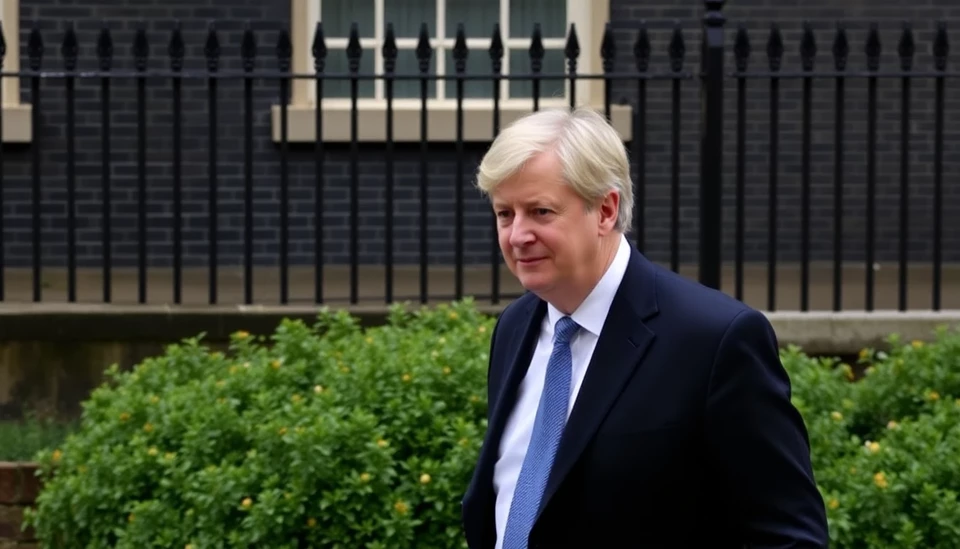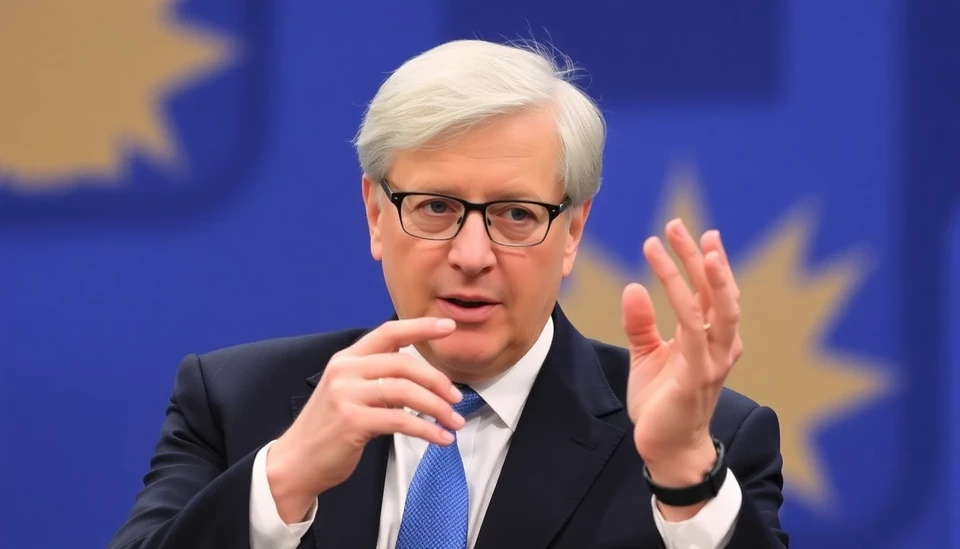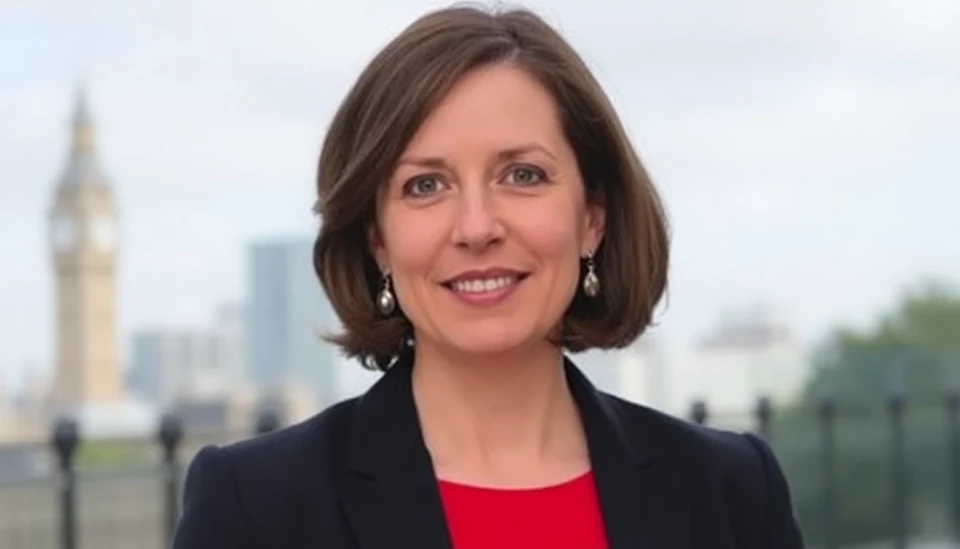
In a significant turn of events, UK Chancellor Jeremy Hunt is contending with the repercussions of a hefty £18 billion correction to the nation's budget buffer as reported by the Office for Budget Responsibility (OBR). This adjustment, delivered just ahead of the upcoming Autumn Statement, has sparked a wave of concern among fiscal experts and politicians alike, who question the government’s ability to maintain financial stability in a testing economic climate.
The OBR, an independent fiscal watchdog, revealed that the initial estimates contained substantial inaccuracies, compelling a recalibration of the nation’s fiscal strategy. The unexpected reduction in the budget buffer is prompting fears over potential implications for future government spending and investment plans, as the Chancellor prepares to outline his financial roadmap for the UK.
With this revised financial landscape, Hunt's forthcoming statements are being closely scrutinized. The Chancellor is faced with the dual challenge of reassuring markets about the government's fiscal discipline while also addressing the pressing demands for increased public spending amid ongoing cost-of-living pressures on British households.
In the latest reports, various economic analysts have voiced that this budget buffer cut could limit the government's options in critical areas such as health, education, and infrastructure. Additionally, with inflation persisting and interest rates soaring, the situation poses a challenge for Hunt as he attempts to strike a balance between prudent fiscal policy and the public’s pressing needs.
The implications of this adjustment extend beyond mere figures on paper; they signal a deeper struggle for the Conservative government to navigate the dual crises of economic stagnation and social discontent. As Hunt prepares for the Autumn Statement, stakeholders from all sectors will eagerly anticipate his proposals on how to address this considerable setback.
Opposition leaders have seized the moment to challenge the government's management of the economy, arguing that the OBR's correction is emblematic of broader failures in governance. They are advocating for more rigorous policy adjustments to better support families and businesses during these turbulent times.
As the UK gears up for its financial address later this month, all eyes will be on Jeremy Hunt. Will he rise to the occasion and deliver a plan that can restore confidence in the economy? Or will the realities of this budget revision further complicate an already precarious fiscal situation? The answers will undoubtedly shape the national dialogue and influence the future direction of UK economic policies.
For the public, the stakes are high as feelings of uncertainty loom. The resolution of these fiscal challenges and the government’s forthcoming actions will undoubtedly affect the everyday lives of millions across the country. How Hunt navigates this treacherous landscape could set the tone for economic governance as the UK moves forward.
As the conversation around the budget correction unfolds, the importance of transparency and accountability in fiscal planning becomes increasingly paramount. Stakeholders will continue to push for clarity as the Chancellor prepares to unveil his strategy, and the national spotlight remains firmly on the Treasury.
#UKBudget #Chancellor #JeremyHunt #OBR #Economy #PublicSpending #FiscalPolicy #CostOfLiving
Author: Rachel Greene




